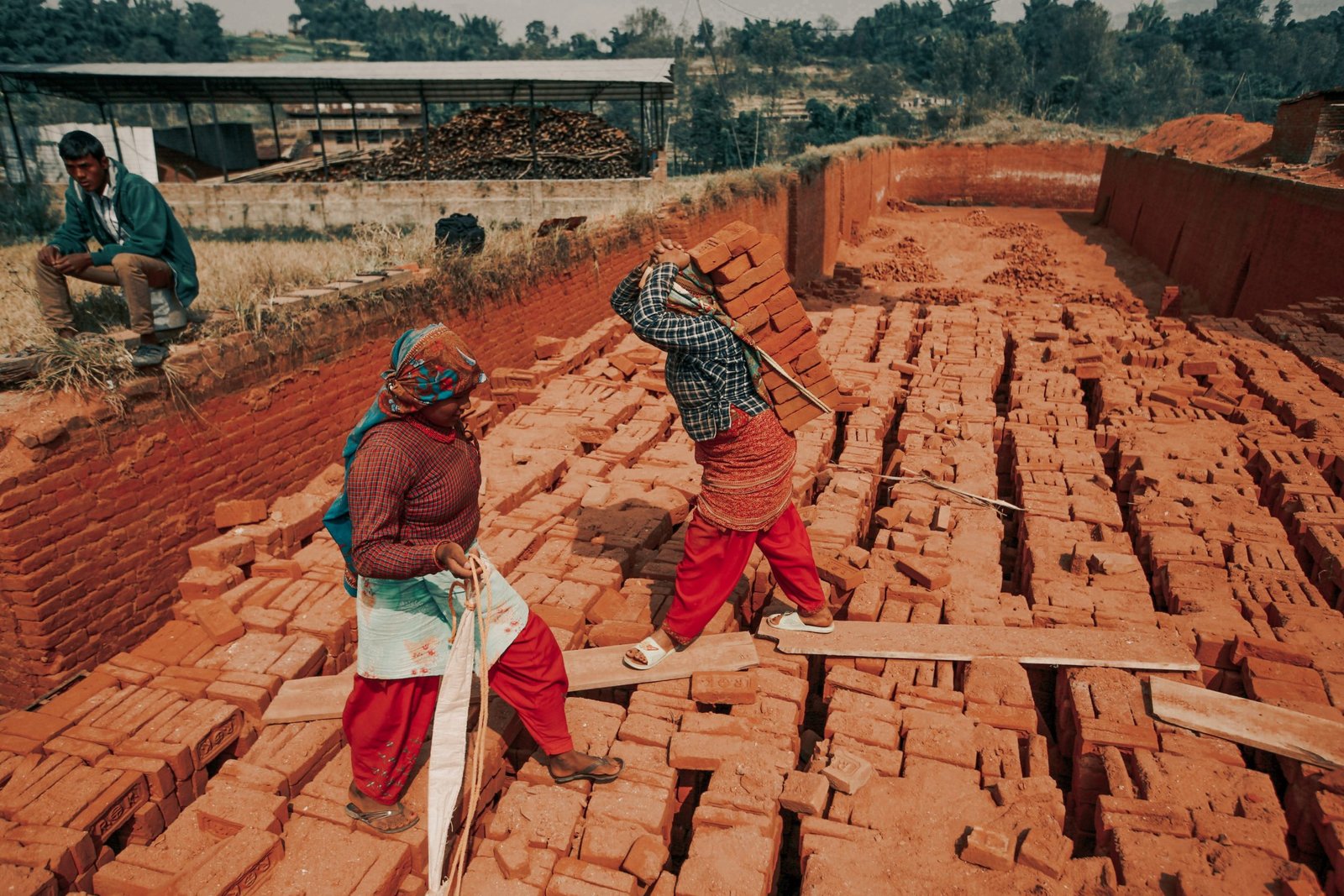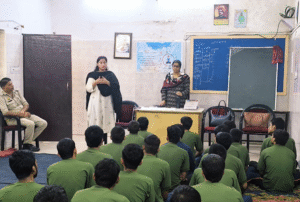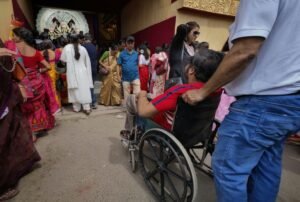
Articles
The Impact of Helping One: A Glimpse into the Lives of Migrant Workers

iProbono recently began representing migrant and informal workers facing labour violations at the workplace. My colleague, Madhulika T, who has long experience working with unions and workers, was approached by a Bangalore-based Union in April this year seeking legal support for a migrant worker who lost a limb in a workplace accident in Bangalore. Having successfully secured compensation for the worker, Madhulika brought up the idea of iProbono initiating a program to provide pan-India legal support to migrant workers.
When she shared this with me, it immediately reminded me of the first time in my life when I was closely working with migrant workers – people who build the cities we live in, but whose lives and difficulties are often invisible. When the pandemic broke out in 2020, thousands of migrant workers were left stranded in big cities with no aid or relief from the State. Fired from their jobs overnight with no pay, and evicted from their accommodation without notice, many migrant workers were left with no option but to return home by foot – brutal journeys that many did not survive.
Meanwhile, I was at home, comfortable in my air-conditioned bedroom, safely isolated from the outside world. The city had seemingly come to a complete halt – no sounds of traffic, hawkers, children playing or municipal announcements reaching my second floor apartment any more. It had all been replaced by the non-stop buzzing of my phone.
I was volunteering with a collective that was helping migrant workers from Jharkhand get home from Mumbai. Every day, I was given lists of workers to coordinate with, to inform them of the next available train, how to get to the station, and keep track of how many family members they would be travelling with. Every day I would hear heart-breaking stories of families that ran out of food days ago, families separated because only a few were let on the last train home, families who couldn’t make it to the station on time because they didn’t have the time to walk that far or the money to pay for transport.
Of all these calls and stories, one stood out to me most, because for once I got to see not just the beginning but the end of someone’s journey. A young man named Aktar Ansari was going home with his family of five. He had worked in a local factory but had lost his job and income when the lockdown was announced. His wife’s work as domestic help had also become impossible. They had taken a loan from their neighbours to buy enough food to feed their children, and didn’t have enough money to make it to the train station. I remember transferring him 200 rupees so he would make it in time, calling him repeatedly asking him if he had managed to find transportation. Once he was on the train, a new side of him emerged. Selfie after smiling selfie flooded my whatsapp – Aktar with his baby daughter on the train, Aktar’s children with the new friends they made on the next berth, Aktar and a group of men with the station signboad. He reached out to me when the train reached Giridh station in Jharkhand, to tell me that he would now find a way to his village. He called me from the village to say that things were still difficult as rations in the village were low, but he was relieved to be with his parents. For months after, I would occasionally wake up to a “Gm mam” on my phone – Aktar just wanting to reach out, not looking for much more to say beyond hello. I often anticipated that as with many of the other migrants I was in touch with, I would soon be asked for ration money or help getting other family members out of Mumbai, but Aktar never asked me for anything.
Aktar’s story was one of the few somewhat happy endings I saw in that time. In an ocean of bleak realities, his optimism and gratitude for things we would all take for granted left me humbled. This was the first time I fully appreciated the impact of touching the life of just one person – not just the impact on the person I was trying to help, but how much it helped soothe my need to do my part during a humanitarian crisis.
The difficulty of working with this vulnerable population continues. But every time I get a call from Madhulika that one of our labour rights cases has fallen through – because the worker has gone to their village and lost interest in his cases, wants to give up because of the slow legal process, or has changed his phone numbers for unrelated reasons and becoming untraceable – I try to remember Aktar. I remember how many numbers I couldn’t get through to in those weeks, how many workers refused to go to the station, how many people hung up on me – and how I felt when Aktar’s photos from the train station began coming in. Yes, there will be difficulties in the work we take on. Yes, we will sometimes put in hours of work and have it all go to waste. But the lives we do manage to impact matter, and that is reason enough to continue to try, even when we know how hard each win will be.
*Article by Deeksha Gujral, India Program Director, iProbono.











